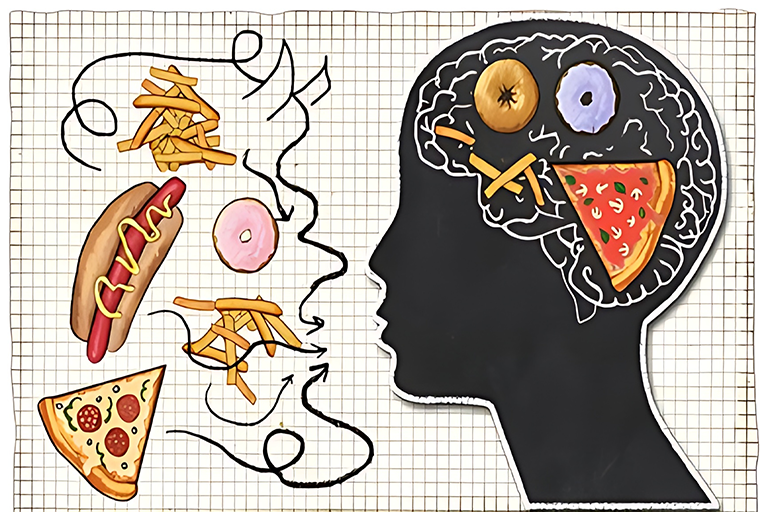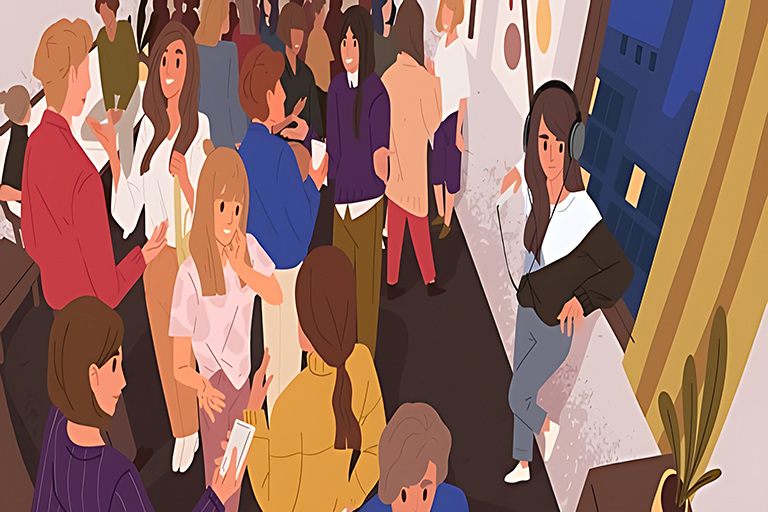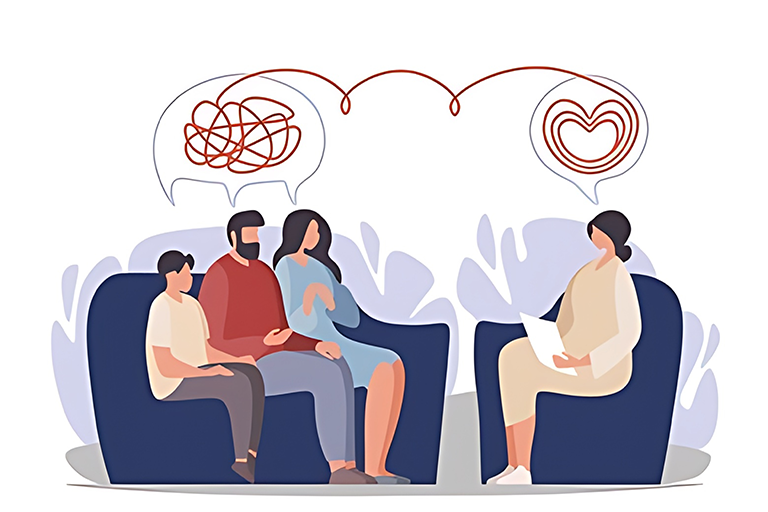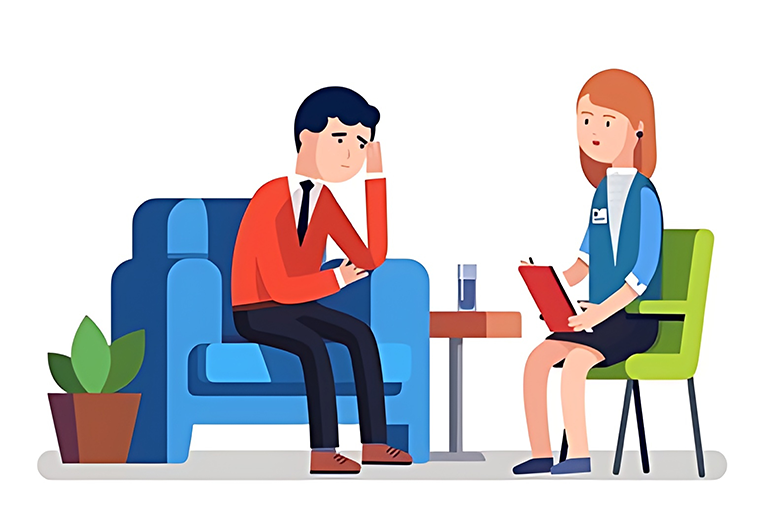Eating Disorders
Extreme eating behaviour problems such as excessively tracking calories, secret food binges, vomiting up after meals, and severe diet compliance are all examples of eating disorders. It’s difficult to see a loved one suffer health problems, especially when the cure seems, at first glance, to be straightforward. But improper eating habits are only one aspect of eating disorders. They are fundamentally emotional coping mechanisms that incorporate skewed, self-critical attitudes about food, weight, and body image. These unfavourable attitudes and thoughts are what motivate the harmful actions.
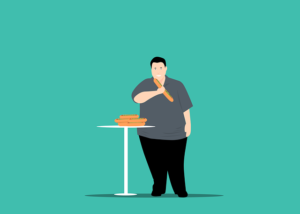
Treatments used for different Types of Eating Disorders
The treatment for eating disorders symptoms typically involves a combination of psychological and medical interventions. Here are some common treatments used for different types of eating disorders:
-
Anorexia Nervosa:
Treatment for anorexia nervosa typically involves a combination of medical stabilization, nutritional counseling, and psychotherapy. Medical stabilization is often necessary to treat any physical complications of the disorder, such as malnutrition, electrolyte imbalances, or cardiac problems. Nutritional counseling helps the person develop a healthy relationship with food and learn how to eat a balanced diet. Psychotherapy is typically used to address the underlying psychological factors that contribute to the disorder, such as low self-esteem, anxiety, or depression.
-
Bulimia Nervosa:
Treatment for bulimia nervosa often involves cognitive-behavioural therapy (CBT), which focuses on changing negative thoughts and behaviours related to food and body image. CBT may also involve exposure and response prevention (ERP), which helps the person confront and resist the urge to engage in binge eating or purging behaviours. Nutritional counseling and medical management may also be necessary to address any physical complications of the disorder.
-
Binge Eating Disorder:
Treatment for binge eating disorder may involve a combination of CBT, interpersonal therapy, and dietary counseling. CBT helps the person identify and change negative thoughts and behaviours related to binge eating, while interpersonal therapy focuses on improving relationships and communication skills. Dietary counseling helps the person develop a healthy relationship with food and learn how to eat a balanced diet. Medications may also be used in some cases to help reduce the frequency or intensity of binge eating episodes.
It is important to note that the treatment for eating disorders is highly individualized and may vary depending on the person’s specific needs and circumstances. It is also important to seek help from a qualified healthcare professional who specializes in treating eating disorders.
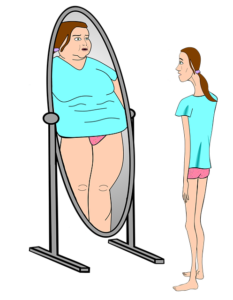
Eating Disorders Awareness : Myths and Reality
Myth 1: Having an eating disorder means you must be underweight.
Reality: Eating disorder sufferers come in various sizes and shapes. Overweight or ordinary weight is common among those who suffer from eating disorders.
Myth 2: Eating disorders only affect young women and teenagers.
Although eating disorders are more prevalent in young women in their teens and early twenties, they can affect men and women of any age, including children and elderly adults.
Myth 3: Those who suffer from eating disorders are vain.
Reality: People with eating disorders use severe diets and body-focused obsessions as a way to cope with painful emotions rather than for vanity.
Myth 4: Eating disorders are not very dangerous.
A dangerous ailment that harms both the body and the mind is eating disorders. Any eating disorder can cause irreparable, sometimes fatal health issues like heart disease, bone loss, growth impairment, infertility, and kidney damage.
The most crucial thing you can do for a person with an eating disorder is to urge treatment, aside from providing support. Encourage your loved one to see a doctor right away since the longer an eating problem goes undiagnosed and untreated, the more damaging it is to the body and tough it is to recover from.
Learn more: Mental Health Awareness
& Mobile Phone Addiction & Teenagers
Shruti Dua, Mental Health Blogger, YOUR Confidant


